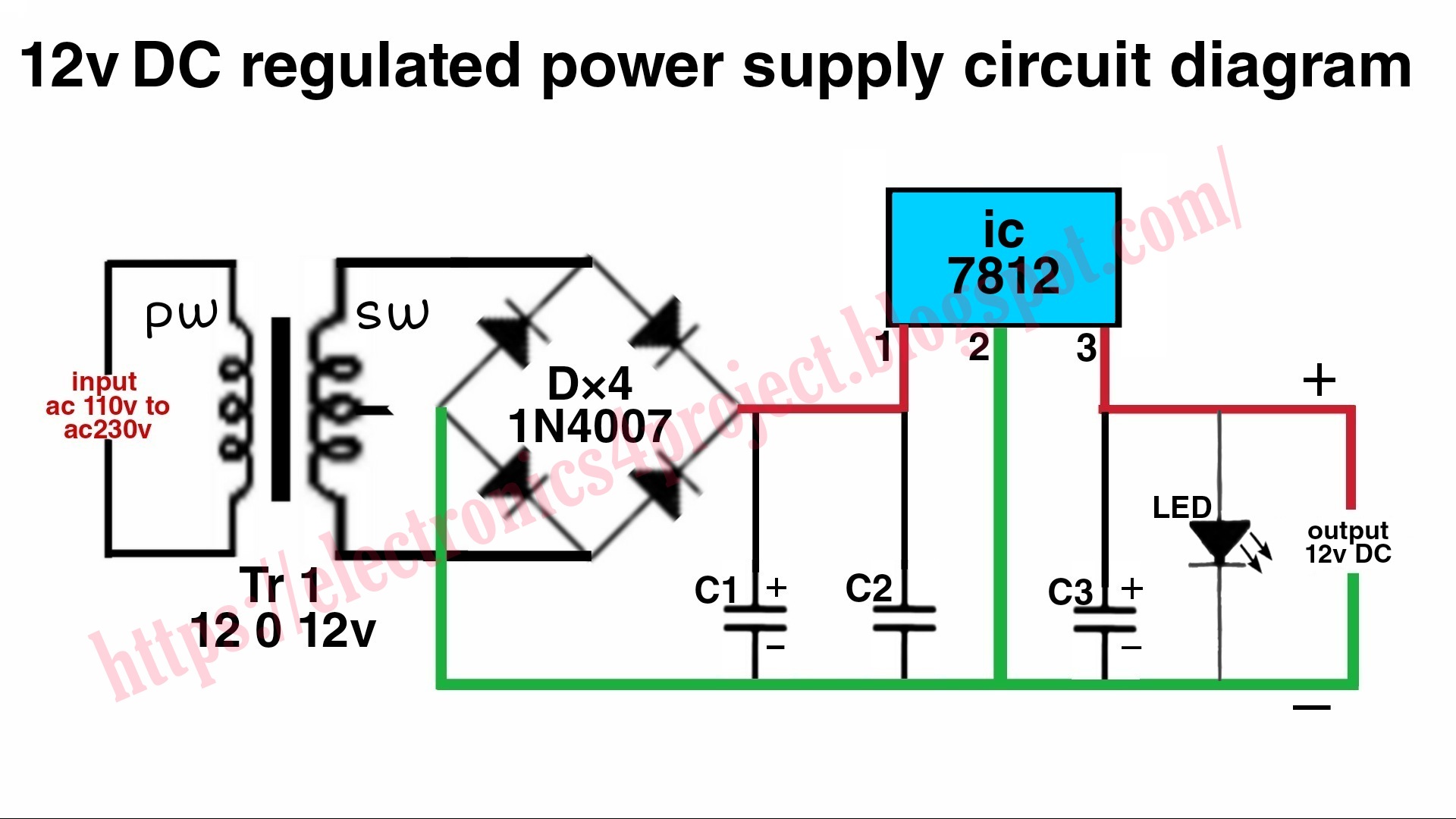Understanding the intricacies of a power supply is essential for both hobbyists and professionals in electronics. The power supply 200W 36V 12V schematic diagram is a critical component in various electronic circuits, providing the necessary voltage and current for optimal performance. This article will delve into the details of this power supply, its applications, and how to effectively read and utilize the schematic diagram.
In the world of electronics, power supplies are pivotal in ensuring that devices operate efficiently and safely. The 200W 36V 12V power supply serves as a versatile solution, suitable for a range of applications from industrial machinery to personal projects. By understanding its schematic diagram, users can troubleshoot issues, optimize performance, and even design their own circuits.
Throughout this article, we will cover the essential aspects of the power supply, including its specifications, components, and a detailed schematic diagram. Whether you are looking to build your own power supply or merely understand how it works, this guide will provide valuable insights.
Table of Contents
- 1. Introduction to Power Supply
- 2. Specifications of 200W 36V 12V Power Supply
- 3. Key Components of the Power Supply
- 4. Understanding the Schematic Diagram
- 5. Applications of 200W 36V 12V Power Supply
- 6. Common Issues and Troubleshooting
- 7. Safety Measures While Working with Power Supplies
- 8. Conclusion and Further Resources
1. Introduction to Power Supply
A power supply is a device that provides electrical energy to an electrical load. The 200W 36V 12V power supply is designed to deliver two output voltages: 36V for higher power applications and 12V for lower power devices. Understanding how to read and interpret its schematic diagram is crucial for anyone working with electronics.
2. Specifications of 200W 36V 12V Power Supply
The specifications of a power supply define its capabilities and limitations. Here are the key specifications of the 200W 36V 12V power supply:
- Input Voltage: 100-240V AC
- Output Voltage: 36V DC and 12V DC
- Maximum Power: 200 Watts
- Efficiency: >85%
- Operating Temperature: -10°C to +50°C
3. Key Components of the Power Supply
The performance of a power supply relies heavily on its components. Below are the essential components found in a typical 200W 36V 12V power supply:
- Transformer: Steps down the voltage from the mains supply.
- Rectifier: Converts AC to DC voltage.
- Filter Capacitors: Smoothens the output voltage.
- Voltage Regulator: Maintains a constant output voltage.
- Heat Sink: Dissipates heat generated by the components.
4. Understanding the Schematic Diagram
The schematic diagram is a visual representation of the power supply's circuitry. It helps in understanding how each component is connected and how the power supply operates. Below is a simplified version of the 200W 36V 12V power supply schematic diagram:
4.1 Reading the Schematic Diagram
To effectively read the schematic diagram, follow these steps:
- Identify the input and output terminals.
- Trace the flow of electricity from the input through to the output.
- Understand the role of each component in the circuit.
4.2 Common Symbols Used in Schematic Diagrams
Schematic diagrams utilize standard symbols to represent components. Familiarizing yourself with these symbols is crucial:
- Rectifier: A triangle with a line.
- Capacitor: Two parallel lines.
- Transformer: Two coils with dots.
5. Applications of 200W 36V 12V Power Supply
The versatility of the 200W 36V 12V power supply allows it to be utilized in various applications, including:
- Industrial Machinery
- LED Lighting Systems
- Battery Charging
- Audio Amplifiers
6. Common Issues and Troubleshooting
Even the most reliable power supplies can encounter issues. Here are some common problems and their solutions:
- Output Voltage Fluctuations: Check the voltage regulator and filter capacitors.
- Overheating: Ensure proper heat dissipation and check for overloaded components.
- No Output: Inspect the input connections and check for blown fuses.
7. Safety Measures While Working with Power Supplies
Safety should always be a priority when working with electrical devices. Here are some essential safety measures:
- Always disconnect the power supply before servicing.
- Use insulated tools to prevent electric shock.
- Be aware of the voltage levels and follow proper handling procedures.
8. Conclusion and Further Resources
In conclusion, the power supply 200W 36V 12V schematic diagram is a vital tool for understanding and building reliable electronics. By familiarizing yourself with the specifications, components, and applications, you can enhance your skills and knowledge in the field of electronics.
We encourage you to share your thoughts in the comments below, and don’t hesitate to explore other articles on our site for more insights into electronics.
For further resources, consider checking reputable electronics websites, forums, and textbooks that cover power supply design and circuit analysis.
Thank you for reading! We hope to see you back soon for more informative articles.
You Might Also Like
Understanding Betta Fish And Velvet Disease: A Comprehensive GuideUnderstanding Motorbike Throttle Body: A Comprehensive Guide
How To Get A 5 On The AP Lang Exam: Proven Strategies For Success
Ultimate Guide To Personal Trainer T-Shirts: Style, Function, And Branding
D2 Verity Calculator: Your Ultimate Guide To Understanding And Using This Tool
Article Recommendations


